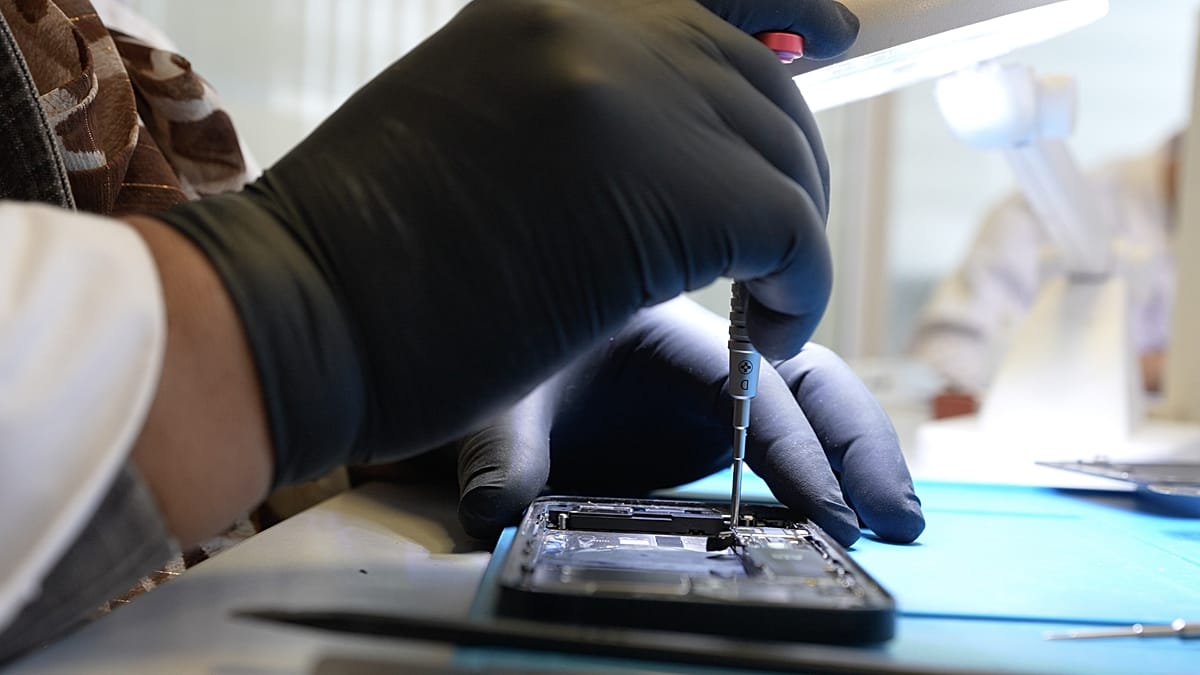
The Government’s decision to axe schools’ obligation to give effect to the Treaty of Waitangi has shocked groups representing school boards, teachers and principals.
The Government had been moving to change the emphasis on the requirement in the Education Act, but on Tuesday announced it would remove it altogether.
Education Minister Erica Stanford said the treaty was the Crown’s responsibility, not schools’.
“School boards should have direction and we are giving very clear direction. You need to ensure equitable outcomes for Māori students, you need to be offering te reo Māori and you need to be culturally competent,” she said.
Education Minister accused of ‘caving to extremists’ over Treaty changes – Watch on TVNZ+
“But what is not clear is a conferred and unreasonable treaty duty that they are expected to decipher.”
Stanford said the Crown’s treaty obligations in the school system sat with her as education minister and she took them very seriously.
The treaty requirement currently in the Education Act said schools would give effect to Te Tiriti o Waitangi, including by ensuring plans, policies, and local curriculum reflected local tikanga Māori, mātauranga Māori, and te ao Māori; taking all reasonable steps to make instruction available in tikanga Māori and te reo Māori; and achieving equitable outcomes for Māori students.
The Government had been progressing an amendment that would change the treaty objective to place achieving equitable outcomes as its first action, and replacing references to local curriculums reflecting local tikanga, mātauranga and te ao Māori with “teaching and learning programmes”.
‘Delete Māori from the curriculum’
Education Minister Erica Stanford said the treaty was the responsibility of the Crown, not schools. (Source: 1News)
Some teachers and principals were not happy with that proposal, but the announcement took that further and groups including the School Boards Association, Principals Federation and teacher union, the Educational Institute, reacted angrily.
The president of Te Whakarōpūtanga Kaitiaki Kura o Aotearoa – New Zealand School Boards Association, Meredith Kennett, said the change would undermine the legal and practical standing of school boards as Crown entities and risked damaging wider social cohesion, to no clear benefit.
She said boards had not struggled with the requirement.
Kennett said the clause did not cause harm, but removing it would.
“To understand attendance and achievement statistics for rangatahi Māori, you have to understand our history – and that includes Te Tiriti,” she said.
“That understanding leads to more practical, effective, and inclusive school policies.”
Principals Federation president Leanne Otene said the clause was the Government’s means of giving effect to its treaty obligations in schools and without it, Māori content was in danger.
“It’s through schools that the Government can ensure that they’ve put in place their mechanisms by which to honour the treaty,” she said.
“Our tamariki Māori have a right to learn about their histories, hear their language and experience their culture. Effectively, state schools don’t have to observe that anymore and without a clear obligation, schools will be pressured by extremists to delete Māori from the curriculum in the school programmes. Without accountability, everything changes and the minister knows this.”
Govt ‘intent on demotion of Te Tiriti’

Teacher and principal union the Educational Institute said the change was the latest in a series of attacks on the education system.
“We’ve seen the removal of te reo from early readers, the slashing of Te Ahu o te Reo funding, cutting resource teachers Māori and now the removal of the clause for school boards to give effect to Te Tiriti – this paints a pretty clear picture of a government intent on the demotion of Te Tiriti in education and across our society,” it said.
The education group of the National Iwi Chairs Forum said it was concerned and disappointed by the Government’s decision.
It said it removed any ambition to achieve equitable outcomes for Māori students and gave schools an easy way out of ignoring the needs of Māori.
‘Self-determination should be for all New Zealanders’ – Seymour

In a press release as ACT Party leader rather than associate education minister, David Seymour said the change was a major step forward for education.
“Under these changes school board will retain the choice to teach as much tikanga, mātauranga Māori, and te reo Māori as they like. However, the law won’t force them to, and that’s the difference. Self-determination should be for all New Zealanders,” he said.
Seymour said the party had heard from parents who thought there was too much Māori content in their children’s education.
“It is possible to respect and value the place of the Māori language and culture without artificially inserting it into every part of life,” he said.














